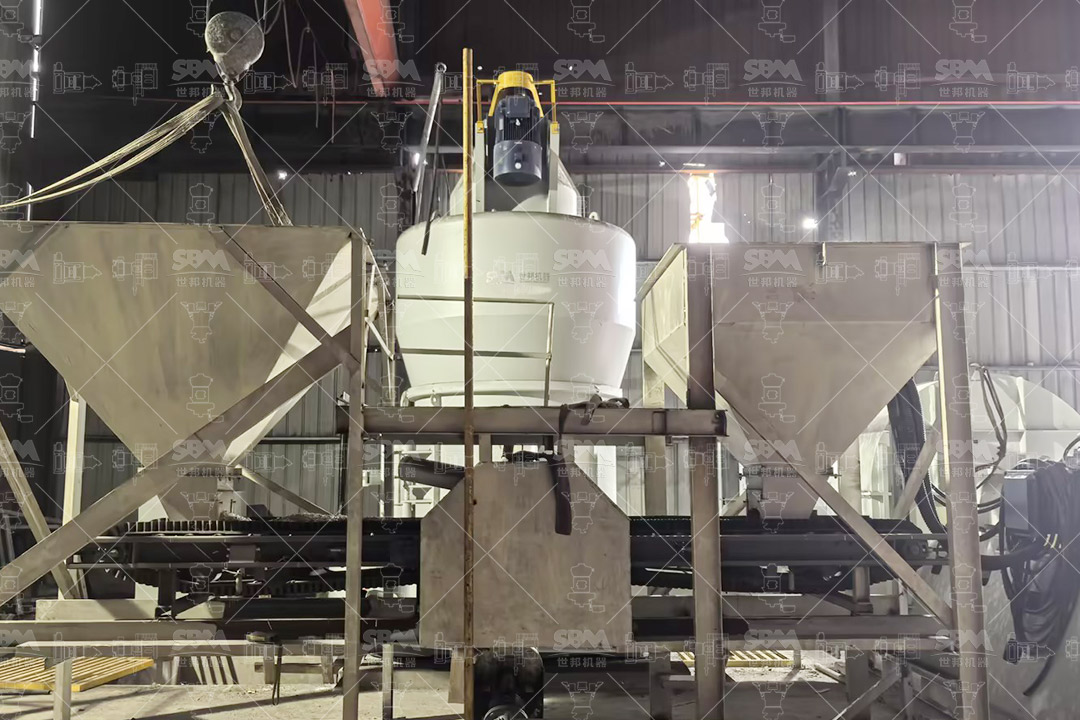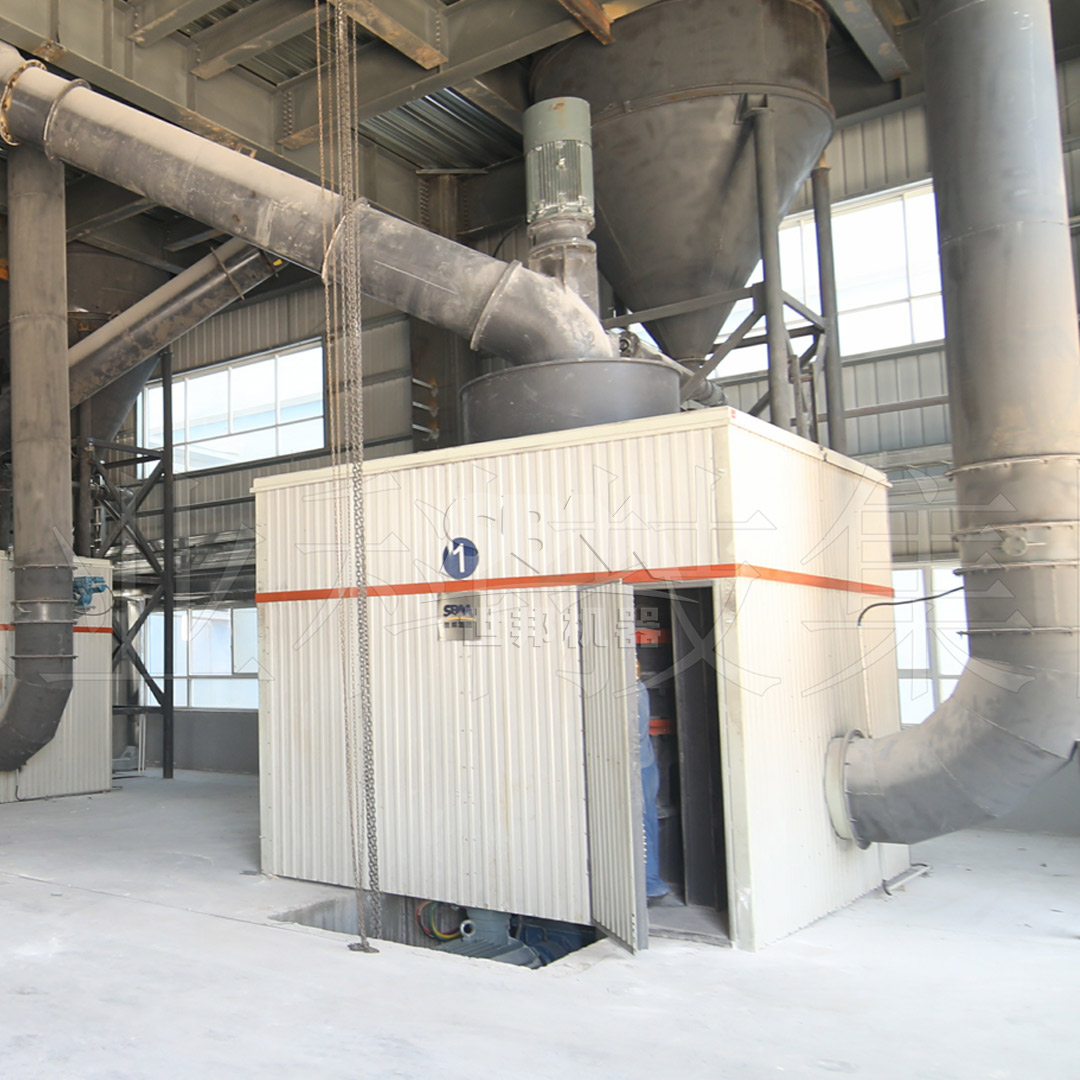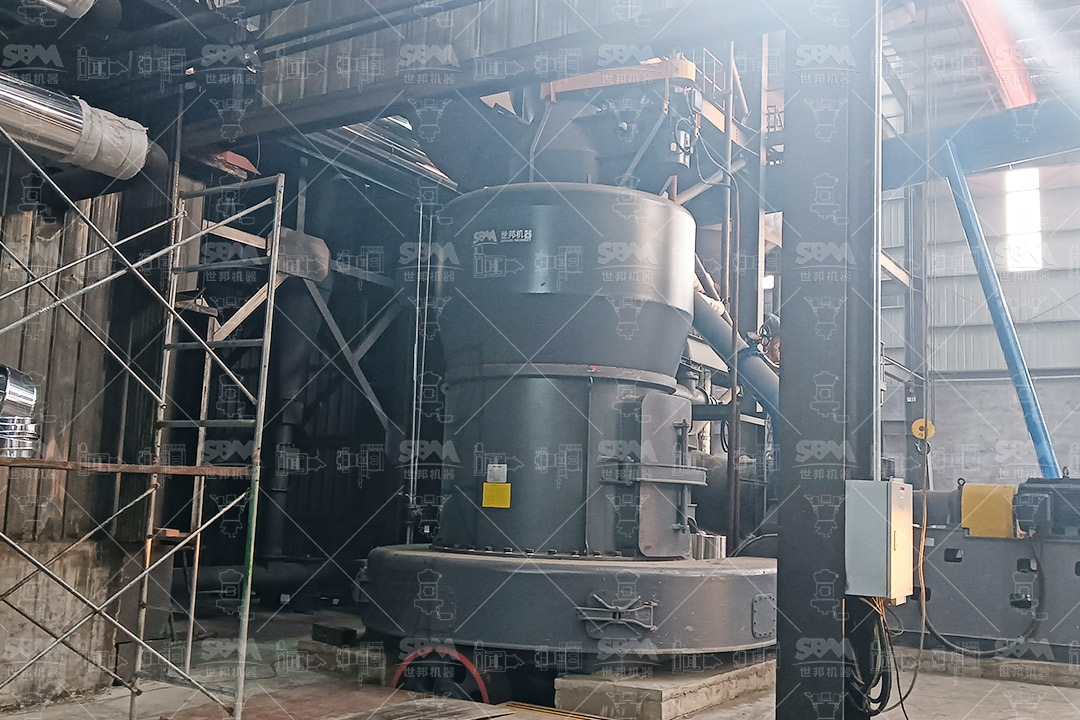The automotive tire industry relies heavily on advanced material processing technologies to produce high-performance components that meet stringent safety and durability standards. Among these technologies, carbon black grinding mills play a pivotal role in transforming raw carbon black into the fine powders essential for tire manufacturing. This article explores the critical importance of carbon black grinding in tire production and introduces advanced milling solutions that optimize this crucial process.
Carbon black serves as a fundamental reinforcing agent in tire compounds, significantly enhancing tensile strength, abrasion resistance, and overall durability. The material’s unique properties make it indispensable for modern tire production, where performance and safety are paramount. However, raw carbon black must undergo precise grinding and processing to achieve the optimal particle size distribution required for superior tire performance.
The grinding process directly impacts carbon black’s reinforcing capabilities. Finely ground carbon black with uniform particle distribution ensures better dispersion within the rubber matrix, leading to improved mechanical properties and extended tire lifespan. Modern tire formulations demand carbon black powders with specific surface areas and structure characteristics that can only be achieved through advanced grinding technologies.

Grinding carbon black presents several significant challenges that require specialized equipment and expertise. The material’s abrasive nature, combined with the need for precise particle size control, demands milling solutions that can maintain consistent performance under demanding conditions.
Key challenges include:
Particle Size Control: Achieving consistent fine powders within the 20-500 nanometer range requires advanced classification systems and precise process control.
These challenges underscore the importance of selecting appropriate grinding equipment specifically designed for carbon black processing applications.
Modern carbon black grinding requires sophisticated equipment capable of delivering precise particle size distributions while maintaining operational efficiency and environmental compliance. Among the various grinding technologies available, our SCM Ultrafine Mill series represents a breakthrough in carbon black processing technology.
The SCM Ultrafine Mill is specifically engineered to address the unique challenges of carbon black grinding. With an output fineness range of 325-2500 mesh (D97≤5μm) and processing capacity from 0.5 to 25 tons per hour, this equipment delivers the precision and throughput required by modern tire manufacturers.

Our SCM Ultrafine Mill incorporates several innovative features that make it ideally suited for carbon black grinding applications:
Efficient Energy Utilization: The mill operates with 30% lower energy consumption compared to conventional air-jet mills while delivering twice the production capacity. This efficiency translates to significant cost savings in high-volume tire manufacturing operations.
High-Precision Classification: The integrated vertical turbine classifier ensures precise particle size control with no coarse powder contamination. This feature is particularly critical for carbon black applications where consistent particle size distribution directly impacts tire performance characteristics.
Enhanced Durability: Specially engineered roller and grinding ring materials provide extended service life, significantly reducing maintenance requirements and downtime. The bearing-free screw grinding chamber design ensures stable operation even under continuous production conditions.
Environmental Compliance: With pulse dust collection efficiency exceeding international standards and noise levels below 75dB, the SCM Ultrafine Mill meets the most stringent environmental regulations while maintaining optimal working conditions.
| Model | Processing Capacity (ton/h) | Main Motor Power (kW) | Input Size (mm) | Output Fineness (mesh) |
|---|---|---|---|---|
| SCM800 | 0.5-4.5 | 75 | 0-20 | 325-2500 |
| SCM900 | 0.8-6.5 | 90 | 0-20 | 325-2500 |
| SCM1000 | 1.0-8.5 | 132 | 0-20 | 325-2500 |
| SCM1250 | 2.5-14 | 185 | 0-20 | 325-2500 |
| SCM1680 | 5.0-25 | 315 | 0-20 | 325-2500 |
For applications requiring higher throughput capacities, our MTW Series Trapezium Mill offers an excellent solution for carbon black processing. With processing capabilities ranging from 3 to 45 tons per hour and output fineness from 30-325 mesh, this equipment provides the scalability needed for large-scale tire manufacturing facilities.
The MTW Series incorporates several advanced features specifically beneficial for carbon black processing:
Anti-Wear Shovel Design: The combination shovel design reduces maintenance costs while curved surfaces extend roller service life, crucial for handling carbon black’s abrasive properties.
Optimized Airflow Path: The curved air channel design minimizes energy loss and improves transmission efficiency, while high-strength protective plates safeguard critical working surfaces.
Integrated Bevel Gear Transmission: Achieving 98% transmission efficiency, this system saves space and reduces installation costs while ensuring reliable operation.
Durable Volute Structure: The obstruction-free design enhances air classification efficiency and reduces maintenance costs by 30%, providing long-term operational reliability.

Understanding the operational principles of carbon black grinding mills is essential for optimizing tire production processes. The SCM Ultrafine Mill operates through a sophisticated multi-stage grinding mechanism:
The main motor drives three-layer grinding rings in rotation, with material dispersed into the grinding path by centrifugal force. Progressive layer-by-layer grinding occurs through roller compression, followed by final powder collection through cyclone collectors and pulse dust removal systems.
This systematic approach ensures consistent particle size distribution and optimal material properties for tire reinforcement applications. Process parameters can be precisely controlled to achieve specific surface area characteristics and structure properties required for different tire formulations.
Maintaining consistent carbon black quality is paramount for tire performance and safety. Advanced grinding mills incorporate real-time monitoring and control systems to ensure product consistency throughout production cycles.
Key quality parameters monitored during carbon black grinding include:
Modern grinding systems provide automated feedback mechanisms that adjust operational parameters to maintain product specifications within tight tolerances, ensuring batch-to-batch consistency in tire manufacturing.
Investing in advanced carbon black grinding technology delivers substantial economic benefits through improved efficiency, reduced maintenance costs, and enhanced product quality. The SCM Ultrafine Mill’s energy-efficient design and extended component life significantly lower operational costs while maintaining high production standards.
Key economic advantages include:
These factors combine to deliver attractive return on investment timelines, typically ranging from 12 to 24 months depending on production volumes and local energy costs.
The evolution of carbon black grinding technology continues to address emerging challenges in tire manufacturing, including sustainability requirements, energy efficiency demands, and increasingly stringent quality specifications. Future developments focus on several key areas:
Digitalization and Industry 4.0 Integration: Advanced control systems incorporating artificial intelligence and machine learning algorithms for predictive maintenance and process optimization.
Enhanced Sustainability: Further reductions in energy consumption, water usage, and environmental impact through innovative design and process improvements.
Material Science Advancements: Development of novel wear-resistant materials extending component life and reducing maintenance requirements.
Process Integration: Seamless integration with upstream and downstream processes in tire manufacturing for improved overall efficiency.
These advancements ensure that carbon black grinding technology will continue to evolve, supporting the tire industry’s ongoing pursuit of higher performance, improved sustainability, and enhanced economic efficiency.
Carbon black grinding mills represent critical technology in the automotive tire production value chain, directly impacting product quality, performance, and manufacturing efficiency. The selection of appropriate grinding equipment, such as our SCM Ultrafine Mill and MTW Series Trapezium Mill, enables tire manufacturers to achieve optimal material properties while maintaining operational efficiency and environmental compliance.
As the tire industry continues to evolve, advanced grinding technologies will play an increasingly important role in meeting performance requirements, sustainability goals, and economic objectives. By investing in state-of-the-art grinding solutions, tire manufacturers can ensure their competitive position in an increasingly demanding global market.